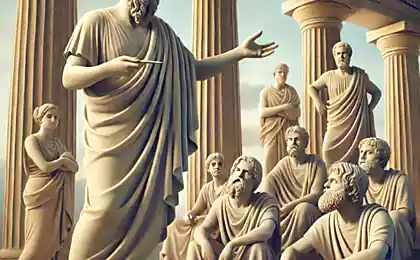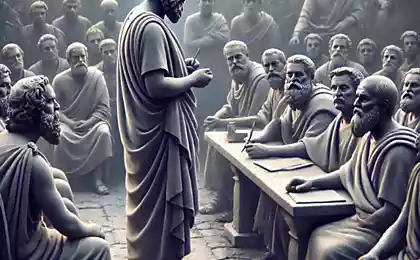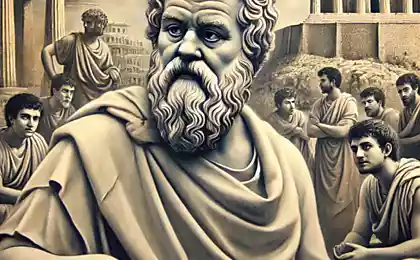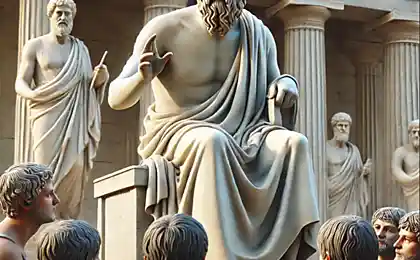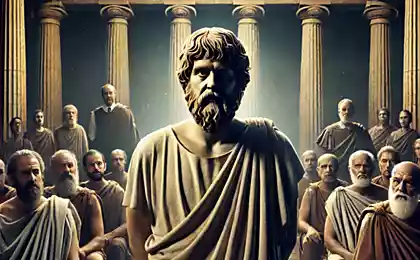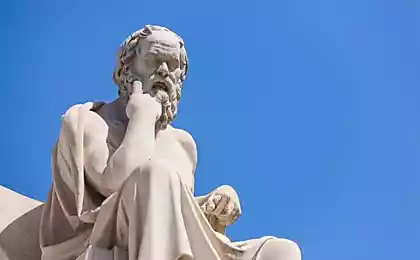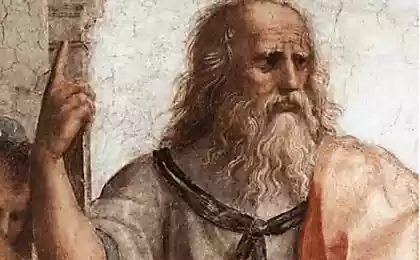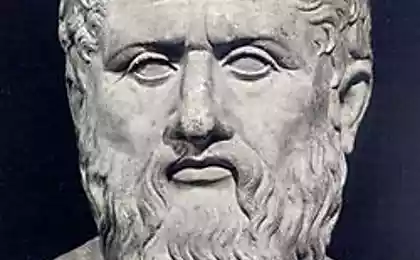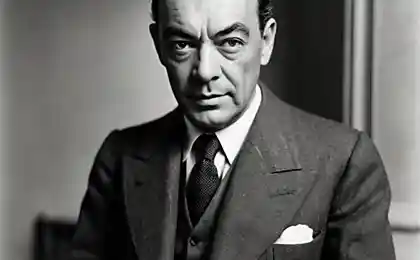209
Students Sokrat: Plato and Xenophon

This is the fourth article in the Socrates series. Reference to article three.
The influence of Socrates on his students
Socrates had a great influence on his disciples, among whom the most famous are Plato and Xenophon. Through them his ideas and philosophical methods were preserved and developed. The disciples of Socrates, each in his own way, tried to convey the wisdom of his teacher and interpret his ideas, leaving a deep mark on philosophy.

Plato as the principal student and distributor of Socratic philosophy
Plato was one of Socrates’ most devoted disciples. He devoted his life to the development and dissemination of Socratic ideas. His dialogues became the main source of knowledge about Socrates and his teachings. Plato not only recorded the teachings of Socrates, but also developed it, creating his own philosophical system, at the center of which was the pursuit of truth through dialectics and questions.
Thanks to Plato, many modern philosophical traditions date back to the ideas of Socrates, and his writings continue to be studied and discussed to this day.
4573000
Xenophon and his interpretation of the teachings of Socrates
Xenophon, unlike Plato, was a more practical thinker. Although his interpretation of Socrates’ teachings is somewhat simplified compared to Plato’s deep philosophical system, his works, such as The Memoirs of Socrates, are also valuable sources. Xenophon portrays Socrates as a wise and virtuous man whose advice is applicable in everyday life, rather than as a profound theorist.
His interpretation of Socrates emphasizes the moral and ethical aspects of the teaching, making his work more accessible to a wider audience.
Comparison of the views of Plato and Xenophon on Socrates
Plato and Xenophon interpreted the teachings of Socrates differently. Plato portrays Socrates as a philosopher seeking truth through dialectical method and questions, while Xenophon emphasizes his wisdom and practical utility of advice. While Plato concentrates on abstract philosophical ideas, Xenophon focuses on the moral side of the teaching and its application in real life.
These two approaches complement each other, giving a more complete picture of the personality and teachings of Socrates.
How did the disciples influence the preservation of Socrates’ legacy?
Without the writings of Plato and Xenophon, the teachings of Socrates would probably have been lost. They not only preserved their master’s philosophical methods, but also developed them, allowing Socrates’ ideas to continue to influence philosophy for centuries. Their interpretations enabled subsequent generations to examine Socratic teaching from different angles.
What is the difference between the interpretations of the teachings of Socrates in Plato and Xenophon?
Plato saw Socrates as a philosopher with the task of revealing the truth, while Xenophon emphasized the practical aspects of Socrates’ teachings, especially with regard to morality and ethics. These two interpretations are often seen as complementary, as they illuminate different aspects of Socrates’ teachings.
This article is part of a series of articles about Socrates. Read the following article from the cycle: The fifth and final section of the cycle.
The Trial of Socrates: Causes and Consequences Cycle of articles: 3 of 5
Socrates philosophy: Questions of morality and virtue
